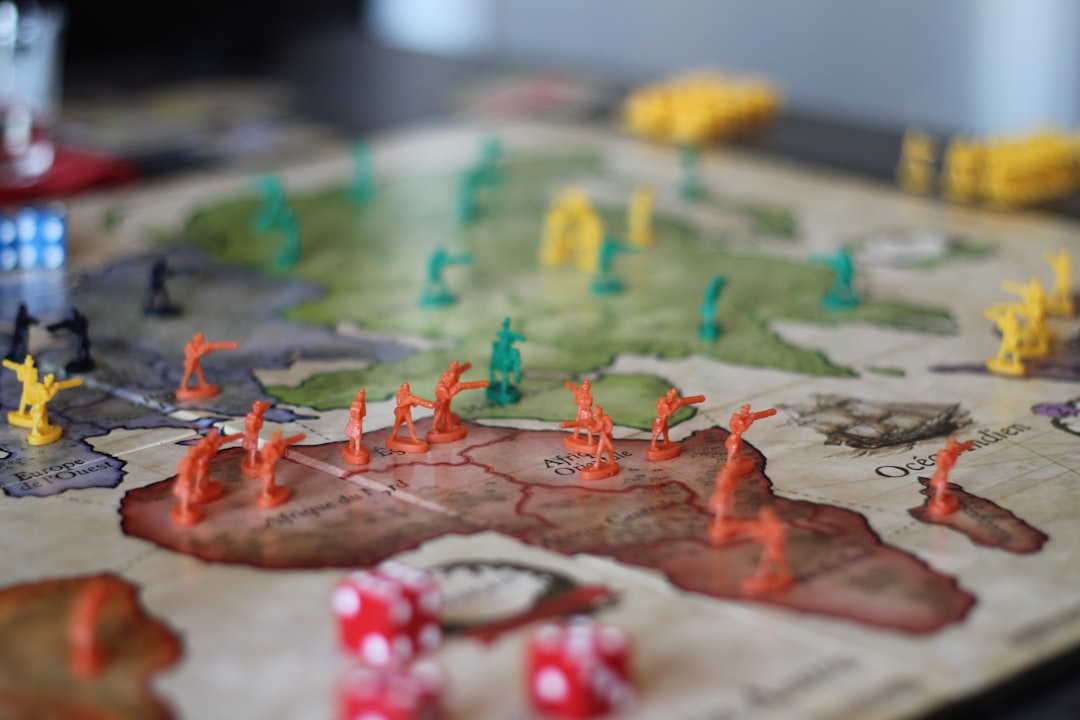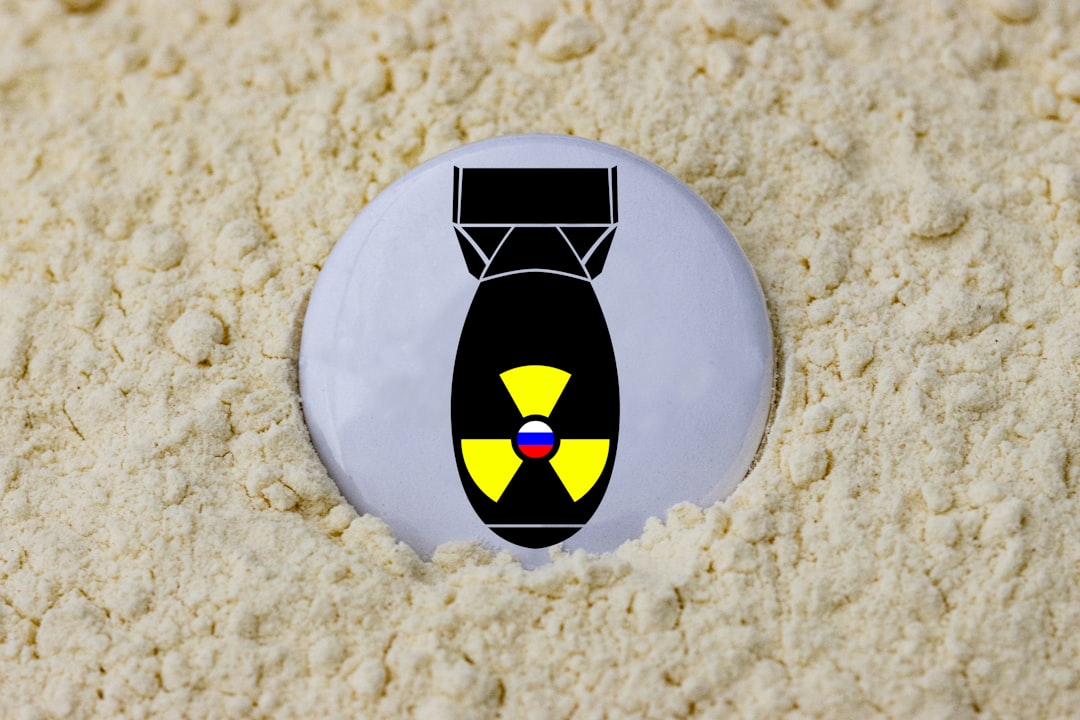Germany in the world
Understanding German foreign policy.
For three decades leading up to 2022, German foreign policy was predicated on the idea that countries that do business don’t go to war with one another.
This strategy, known as Annäherung durch Handel (rapprochement through trade), served as the moral justification for buying cheap energy from Russia, selling cars to China, and lifting sanctions on the theocrats in Tehran.
When German leaders were feeling truly inflated by the righteousness of this mission, they even referred to it as Wandel durch Handel (transformation through trade), claiming that selling Mercedes cars to a dictatorship would help turn it into a democracy.
This strategy always necessitated ignoring a large amount of what was going on in the world. After Russia annexed Crimea in 2014, Foreign Minister Frank-Walter Steinmeier described the Nord Stream gas pipelines that run under the Baltic as “a last bridge of peace” linking Russia to western Europe.
In China, German car companies denied knowledge of human rights abuses in regions of the country where they had built factories, or prostrated themselves before the country’s communist rulers when they made the PR “gaffe” of posting a social media quote from the Dalai Lama.
This strategy allowed German companies to make vast profits. In turn, public coffers overflowed with revenue skimmed from these industrial giants. But it also created risky dependencies. Gas from Russia and raw materials from China became crucial for Germany’s Energiewende - its plan to become the first industrial economy to divest itself of both fossil fuels and nuclear energy.
Unfortunately, Germany’s ruling elite drank their own Kool-Aid: they genuinely believed the PR tale they told their population about the wonders of international trade. Of those billions in extra revenue, not a penny was spent on maintaining the sort of powerful military that would serve as a warning to countries that stopped playing by the rules.
Far from it. Germany was so sure that dictatorships and religious fanatics would put money before conquest that it stripped its military down to the bone, tied its own hands with strict rules around supplying weapons to conflict zones, and neglected counter-espionage.
The excesses of this denial about the continued relevance of violent conflict included a rejection of the word “war” when referring to the fight with the Taliban in Afghanistan, a suspension of military aid to Kurdish militias who were battling for the survival of their people against the ISIS death cult, and a refusal to send deadly weapons to Ukraine when it was becoming increasingly obvious that Russia was planning a full-scale invasion.
February 2022 marked the moment when Germany could no longer keep perpetuating this justification for pursuing its own business interests. In a landmark speech, then Chancellor Olaf Scholz described the invasion of Ukraine as a Zeitenwende—a turning point that ushered in a new era in international relations.
Germany indefinitely suspended the construction of the Nord Stream 2 gas pipeline and announced a programme of rearmament that would turn the Bundeswehr into “the backbone” of European defence. Berlin also became one of the major arms suppliers to Ukraine, although criticism remained over red lines the chancellery imposed on itself regarding the supply of offensive weaponry.
Still, declaring a new era in world affairs has started is one thing - doing something about it when your wealth is so dependent on international trade is quite another. Already taking a painful hit from its embargo on Russian energy supplies, Germany could ill afford to reduce its dependency on China as well.
Arguably, German complacency in the first two decades of the 21st century was based on a doctrine about how international relations work that is little known in the English-speaking world but which taps into the soul of a continental power like Germany.
Carl Schmitt, a controversial legal theorist and intellectual figure of the Nazi era, believed that major powers have a right to a sphere of influence in their immediate vicinity and that other powers should stay out of their affairs. He saw the US and UK as hypocrites whose ‘humanitarian’ wars in far-flung parts of the world were a veil for naked self-interest.
By extending the boundaries of both the EU and NATO eastwards in the 1990s and early 2000s, Germany had achieved what Schmitt believed was necessary for a great power to live in peace. In the words of a 1990s defence minister, it was a country “encircled by friends.” At least one of Angela Merkel's closest foreign policy advisors was heavily influenced by Schmitt’s thinking; negotiations Berlin pursued with Russia over the future of the Donbas were founded on the assumption that Moscow had a natural right to sit at the table on the internal affairs of a smaller neighbour; military chiefs demanded more “respect” for Putin.
The trouble with this narrow focus on maintaining stability in continental Europe was that it failed to acknowledge the vital interest of international shipping to German wealth, nor the disruptive power of global terrorism. While Germans remained suspicious of US military might, they were happy to let them patrol the seas that were so vital to their own wealth. And, while German politicians championed the cause of US whistle-blower Edward Snowden, their weak intelligence services were only able to prevent Islamist terror attacks thanks to tip-offs from the CIA.
America’s retreat back across the Atlantic under Trump exposed how short-sighted this view of international affairs was. It is now glaringly obvious that the borders between what Russia sees as its natural backyard and Germany's own friendly neighbourhood overlap. The answer has been panicked rearmament and a step back toward conscription. There is even a nascent discussion over whether Germany needs its own nuclear bomb, an unexpected turn of events for a country that once put such rhetorical emphasis on adherence to international treaties.
Germany is now at a crossroads. Will it finally heed France’s calls to invest in a European military-industrial base—something that would take years to establish? Or does it take the quicker path toward effective rearmament by buying weapons from the United States, even as it appears to be retreating from its commitments to European defence? Will Westbindung and transatlanticism remain relevant in the mid-21st century, or is Europe prepared to accept Germany as not just an economic hegemon, but also a military one? Is it too late to “de-risk” from China, or can Germany find alternative trade partners that provide the raw materials it needs while buying enough of its exports to stave off further years of economic stagnation?
Time to yank the dragon's tail?
We don’t need to tell you that China is a pretty big deal these days. The People’s Republic’s economy has grown fourteen-fold since the turn of the century; it took over the US as the world’s major trader years ago. China is now a superpower.









Excellent analysis, in particular in making clear the age-old difference in understanding international relations in the English speaking world and Central Europe.
Great historical perspective. It brings back discussions of Napoleon's Continental System versus the British, for example. Thanks for referencing Schmitt; I had need to go back and re-read his work. I think the comparison between the Anglosphere's strategic thinking - derived from naval power, as perhaps best crystallized by Mahan versus land powers, for example Clausewitz, is a good reminder that history always has to be read in that context.